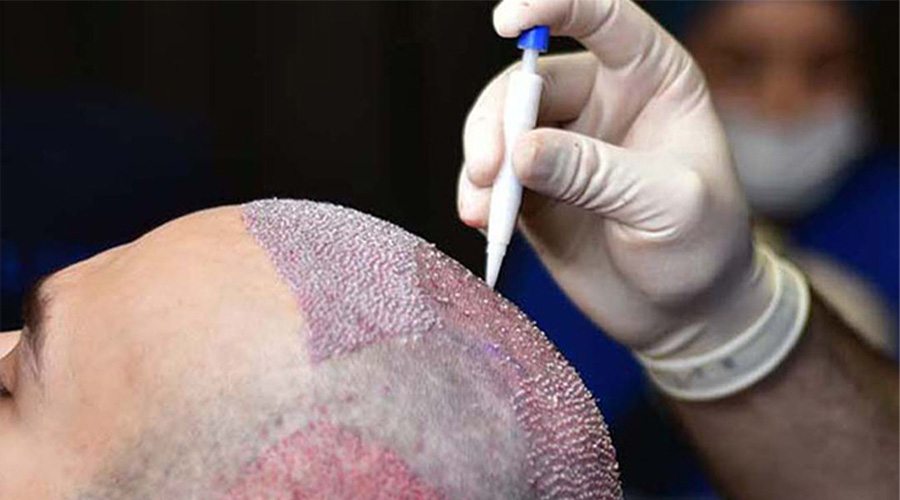What to Expect After a Hair Transplant
Hair loss is a common issue with various causes, including stress, genetics, and diet. People often opt for hair transplants, but it’s essential to take precautions before and after the procedure. Eating well and avoiding habits like smoking and excessive drinking can significantly impact the outcome of the procedure. Smoking and alcohol consumption can affect your body’s circulation, slow down the healing process, and increase the risk of infection, reducing the nutrition of transplanted hair follicles. This could lead to hair loss post-transplant. Smoking, for example, reduces oxygen supply to the body, which impacts hair follicle nourishment. Alcohol and tobacco can increase stress responses in the body, potentially leading to hair loss. Additionally, alcohol impedes the absorption of essential vitamins and minerals necessary for healthy hair growth. Alcohol affects blood clotting by thinning the blood, increasing bleeding risks during surgery. Thinner blood makes it more difficult for doctors to control bleeding, affecting both the procedure and post-operative healing. Alcohol and smoking negatively impact wound healing after hair transplants. Smoking constricts blood vessels, reducing oxygen levels, while alcohol weakens the immune system and hampers blood circulation. This can delay wound healing and increase the risk of infection. Limiting alcohol consumption before and after the hair transplant increases the chances of success and speeds up recovery. Additionally, avoiding touching the transplant area, not wearing hats, and consuming nutritious foods will accelerate the healing process and promote the healthy growth of transplanted follicles.The Impact of Alcohol Before and After a Hair Transplant
Why Avoid Smoking and Alcohol?
The Effect of Alcohol on Stress and Hair Growth
The Effect of Alcohol on Blood Clotting
Effect on Scar Healing Rate
Surgical Procedures and the Harm of Alcohol
Increasing Success in Hair Transplantation




